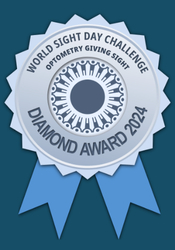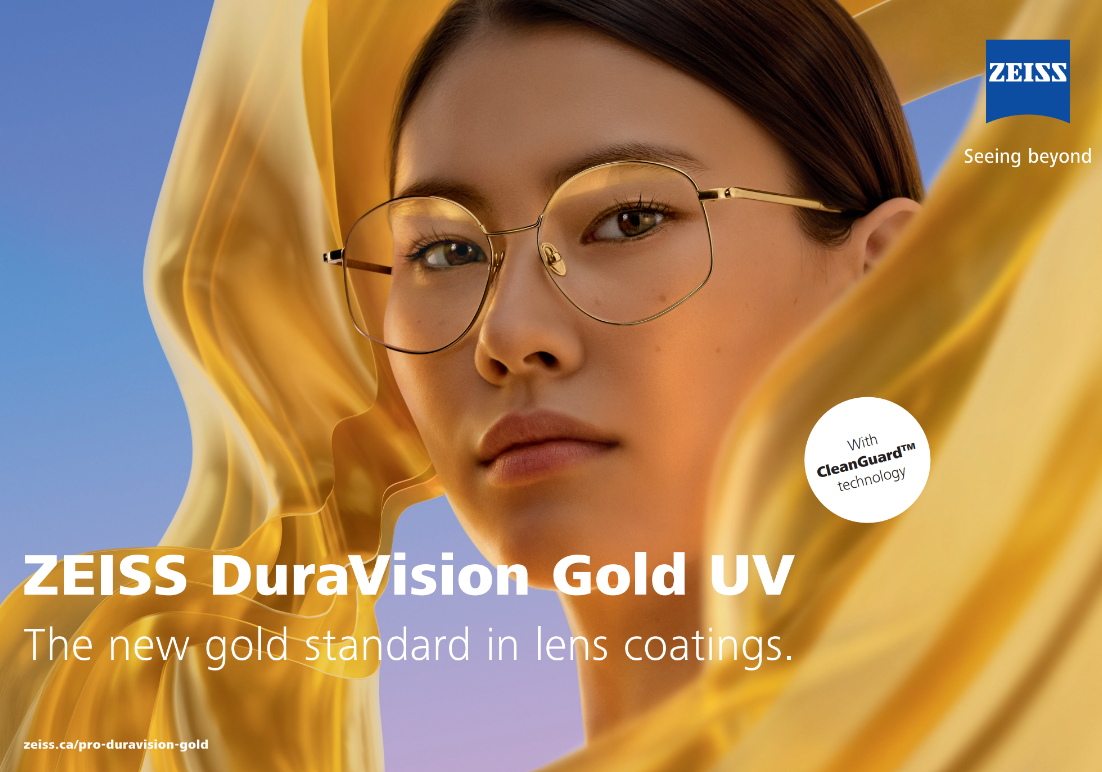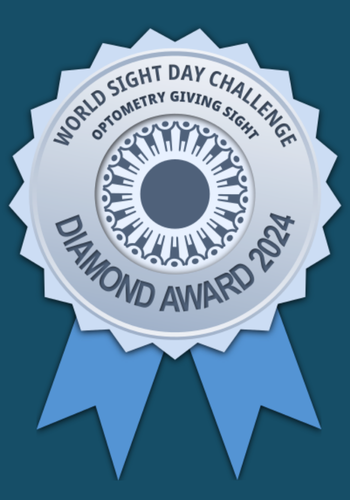Stressed out about your eye exam? Relax, there are no wrong answers
Which is better – 1 or 2? 3 or 4? A or B? Was the last choice better than the first one or no different? As eye doctors we often forget just how stressful an eye examination can be for our patients. A combination of performance anxiety, fear of answering wrong or simply the rapid-fire Q and A situation can nudge up the blood pressure of even the most stoic personalities. Not to mention the equipment – the phoropter (that “thing with all the dials that goes in front of your eyes”) hasn’t really changed much in about 80 years.
The truth is, we will never be able to totally eliminate the “question period” part of the eye exam, no matter how advanced the technology becomes. This is because when we do this part of the test, we are really testing your brain, not your eyes. That’s right – your brain (the part that processes vision) is really doing the “seeing” part of vision. Your eyes are really nothing more than information gatherers, or receptors, of light. A little bit of magic happens once the light is received by your eyes, is converted to an electrical signal and travels down your optic nerves to the CPU called your brain. Studies show that the quality of this signal, in terms of the image that it generates, is actually very poor and carries with it a lot of “noise” that your brain must “clean up” before providing you with what you would call clear vision.
OK, not really magic, it’s actually scientific fact. However, the point is that we can measure your eyeballs up, down, and sideways and still not be 100% sure what your eyeglass or contact lens prescription should be. We have to ask your brain. So after we test your eyes with computerized equipment, and shine light in there with our retinoscope we have a pretty good idea. But not until we go through the question period are we confident enough to write that prescription.
Fortunately, you can relax, because we are more interested in seeing how you respond to different levels of blur during the subjective part of the exam, rather than the exact answer to the question “was it number 1 or number 2 that was better?”
In the near future you can expect to see some changes in the way we test your vision. We’ll still do the Q and A but it will likely become shorter in duration and more concise as technology improves. In the meantime, just take a deep breath, forget the cheat sheet and remember, there are no wrong answers!
–
Dr. Tom Wilk












